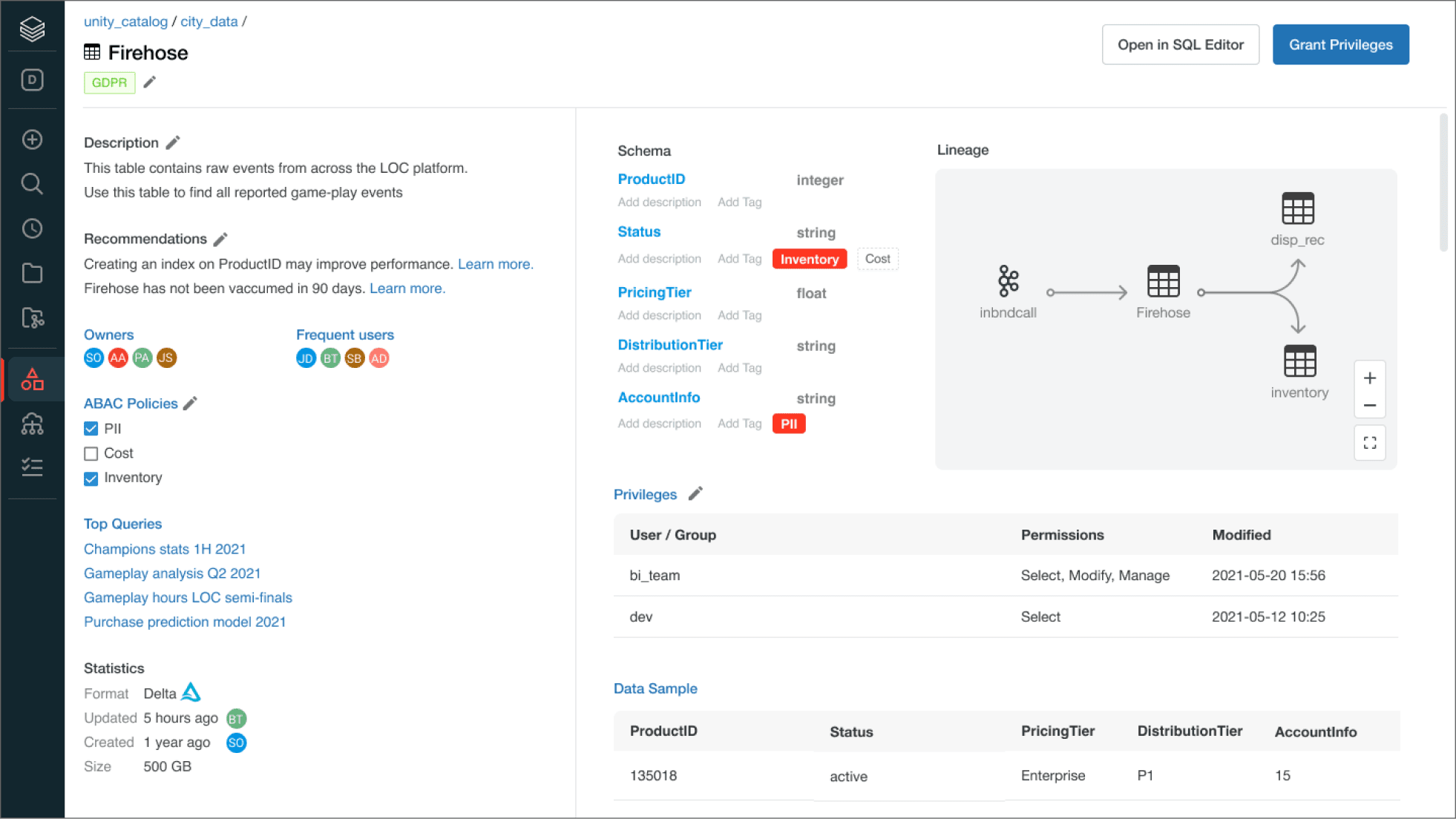
%USERPROFILE%\\Databricks or ~\\Databricks. It also supports environment variables - e.g. The localSyncFolder is the location of a local folder which is used to download/sync files from Databricks and work with them locally (notebooks, DBFS. "localSyncFolder": "c:\\Databricks\\test", "localSyncFolder": "c:\\Databricks\\dev", To configure multiple Databricks Connections/workspaces, you need to use the JSON editor and add them to nnections. The default connection can be configured directly via the settings UI using the .* settings. It is recommended to use workspace settings over user settings here as it might get confusing otherwise. Using VSCode Settings as your connection manager allows you to define and manage your connections directly from within VSCode via regular VSCode settings. Setup and Configuration (VSCode Connection Manager) Also, not all of them are mandatory, and depend a lot on the connection manager that you have chosen.Some of the optional settings are experimental or still work in progress. There are a couple of differnt options which are described further down below.Īll the settings themselves are very well described and it should be easy for you to populate them. The most important setting to start with is definitly nnectionManager as it defines how you manage your connections. Then either search for "Databricks" or expand Extensions -> Databricks.
#Databricks workspace code#
The configuration happens directly via VS Code by simply opening the settings

Preview-Versions might also be available via github Releases from this repository. vsix directly from the VS Code marketplace: Databricks VSCode.
#Databricks workspace install#
Simply go to the Extensions tab, search for "Databricks" and select and install the extension "Databricks VSCode" (ID: paiqo.databricks-vscode).Īlternatively it can also be downloaded the. The extension can be downloaded directly from within VS Code. Integration for CI/CD using DatabricksPS PowerShell module.view Azure Key Vault backed secret scopes.Browse availabl SQL objects from the Databricks metastore.Leverage connections configured by the official Databricks VSCode extension.Load Databricks directly from your Azure Account.control how notebooks are downloaded (Jupyter notebook, source code.Supports Azure Databricks, Databricks on AWS and Dtabricks on GCP.Manage and switch between multiple Databricks workspaces (e.g.Easy configuration via standard VS Code settings.similar, well-known UI same behavior as if DBFS and workspace/notebooks existed locally.easy drag&drop between local, DBFS and also workspace/notebooks!.



 0 kommentar(er)
0 kommentar(er)
